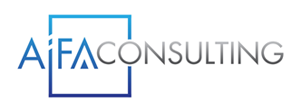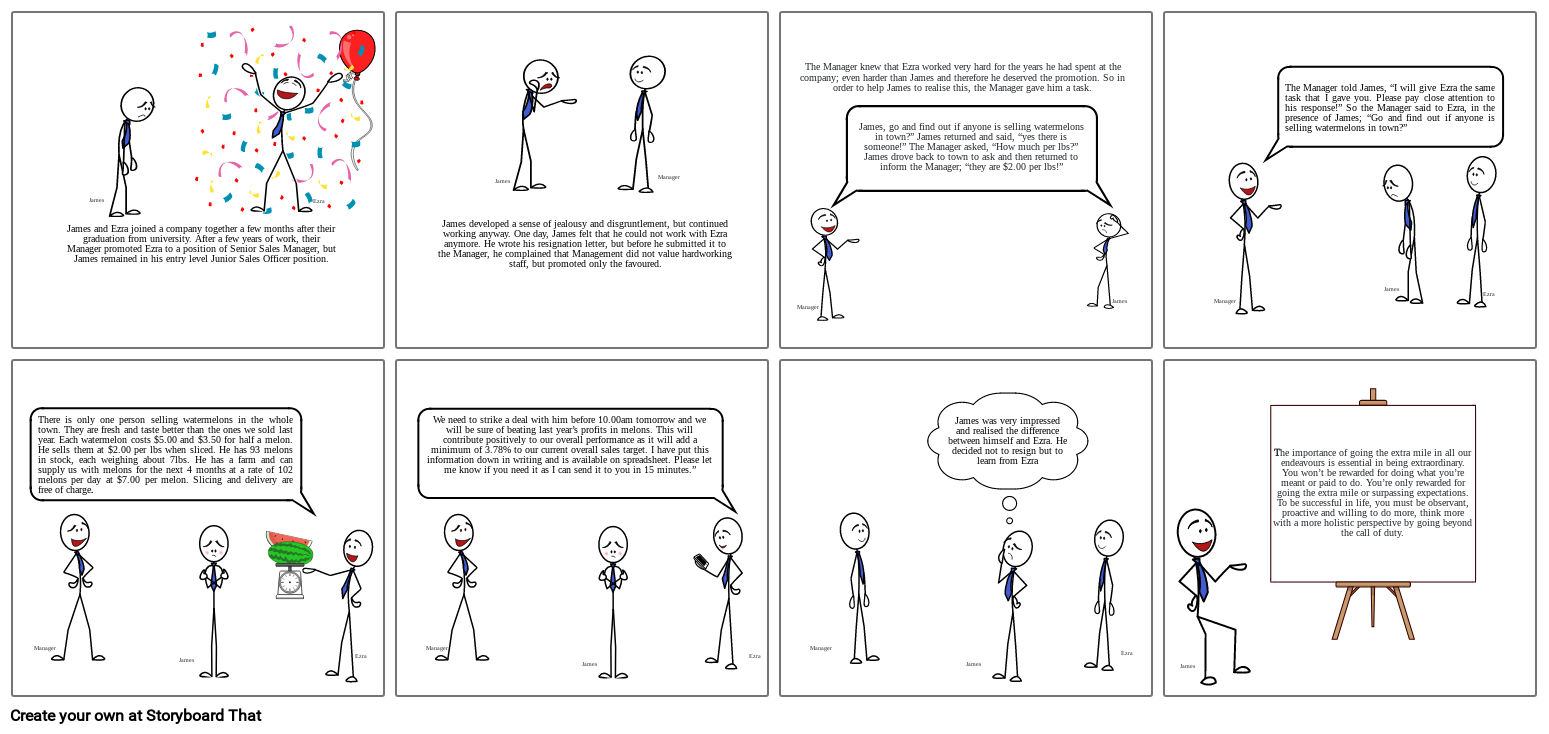Why Going the Extra Mile Still Matters at Work
- April 2025 Edition
- 5 mins
The Task That Revealed Everything
James and Ezra joined the company within the same year. Both were young, ambitious, and eager to make their mark.
A few years on, Ezra had been promoted. James hadn’t. What started as a gap in title began to feel like something more. Frustrated and confused, James felt it was time to move on.
Their Manager, sensing his discontent, gave James a task.
“Go and find out who is selling watermelons in town.”
James returned with the basic facts:
“Yes, someone is selling. $2.00 per pound.”
No follow-up questions. No context. Just the surface-level answer.
Then, the same task was assigned to Ezra but this time, James was asked to observe.
Ezra took a different approach. He didn’t just identify the seller, he compared quality with last year’s supply. Gathered pricing, packaging, and delivery details. Investigated supply volume and lead time. Proposed a supplier deal to improve profits. Compiled everything into a spreadsheet with actionable insights. There was no drama. No fanfare. But in that quiet contrast, the difference became clear, data distinguished the facts and outcome.
When Competence Meets Intention
Ezra wasn’t working harder. He was thinking deeper, analytically.
He didn’t do more. He did what mattered.
James realised the lesson: two people can receive the same task but what they deliver reflects how they see their role. For one, it was a chore. For the other, it was a chance to add value.
That was the difference.
The Real Question
The question isn’t “Did you complete the task?”
It’s “Did you explore what was possible within it?”
We often speak of performance in terms of KPIs, deadlines, and checklists. But what consistently sets people apart is the way they approach their work when no one is watching. It’s the thoughtfulness, the curiosity, the ability to connect dots others miss.
Good Isn’t Good Enough Anymore
In many organisations, performance management still revolves around narrow definitions, rewarding task completion, ticking boxes, and avoiding mistakes. But in high-performance cultures, that’s just the starting line. The truth is: meeting expectations will earn you a payslip; exceeding them is what shapes careers.
James did what was asked. Ezra did what was needed.
The former was activity-focused. The latter was outcome-driven.
Today’s performance reviews are evolving to reflect this shift. It’s no longer just about what you did, but how it moved the dial.
- Did you anticipate what’s next?
- Did your output influence results?
- Did your initiative create a ripple effect?
While KPI’s still matter, it’s the quality of those indicators, their alignment with strategic priorities, and their ability to reflect real value that sets high performers apart. Organisations are placing greater weight on problem-solving, foresight, and execution that drives change. High performers don’t simply complete tasks. They redefine outcomes.
Appraisals and the Extra Mile
When appraisal season rolls around, managers don’t just stop at recalling what you did, they’re reflecting on how your actions shaped business value.
In this context, KPIs become the floor, not the ceiling.
What used to be seen as excellent is now simply “acceptable.” The bar keeps rising not as a penalty, but because businesses must adapt or risk becoming irrelevant.
High performers align their contributions with the direction of the organisation.
They’re the Ezras of the system, adding context, insight, and foresight, not just activity.
Final Thoughts
Careers are built one task at a time.
And often, it’s how you handle the small ones that tells the biggest story.
At Aifa Consulting, we help organisations transform insights like these into structured, measurable outcomes. Through Strategy Management and OKR implementation, we align individual performance with organisational priorities. Our work spans KPI design, performance frameworks, ISO 30414 advisory, and coaching interventions that build leadership accountability and workforce agility. Whether through training, talent diagnostics, or human capital reporting, we embed initiative, ownership, and value-driven behaviours into the culture because sustained growth begins when performance becomes intentional.
So, the next time you’re handed a seemingly routine assignment, pause.
Look again. There may be more within it than meets the eye.
A Note to the Reader
This story has circulated in various forms sometimes as a parable between colleagues, other times featuring siblings or anonymous employees. It was featured in the Allendale Lifelong Learners July 2020 Newsletter and has appeared on professional development platforms like LinkedIn and Medium, where leadership coaches and career mentors use it to illustrate the principle of initiative over instruction. While the original author remains unknown, the lesson endures: career growth often favours those who anticipate needs, not just those who meet expectations.


